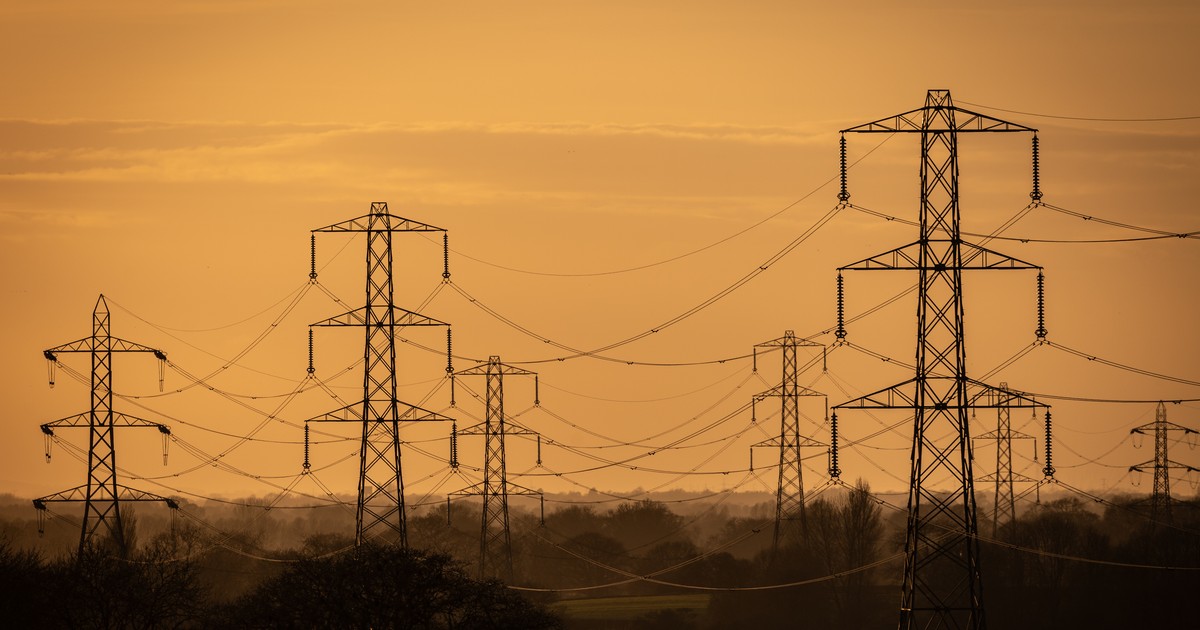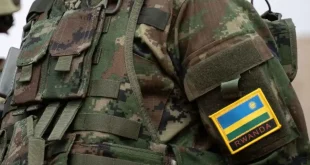
“At approximately 1:52 p.m., the grid experienced a partial disturbance,” announced Ndidi Mbah, General Manager of Public Affairs for TCN.
She explained that although the power disruption was significant, it did not affect all parts of the country, with sections of the grid still functioning.
“The data from the National Control Centre (NCC) revealed that a part of the grid was not affected by the bulk power disruption,” she added.
TCN engineers began immediate restoration efforts, successfully restoring power to Abuja by 2:49 p.m.
“We are gradually restoring power to other parts of the country. We sincerely apologise for any inconvenience this may cause our electricity customers,” Mbah stated.
Meanwhile, Pulse Nigeria correspondent in Abuja authoritatively reports that power has not yet been restored in some major areas of the FCT metropolis.
As of 4:00 p.m. on Tuesday, areas like Wuye, Utako, Jabi, Jahi, and the Kado axis were still experiencing power outages.
Similarly, the Games Village, Durumi, Gaduwa, Gudu, Apo, and Lokogoma axes are experiencing blackouts at the time of this report.
The collapse highlights persistent challenges in Nigeria’s power sector, including regulatory uncertainties, transmission constraints, and inadequate gas supplies.
Despite the 2013 privatisation of power generation and distribution companies, aimed at improving sector efficiency, grid stability has remained elusive.
The repeated failures of the national grid underscore the need for systemic improvements.
Source link



